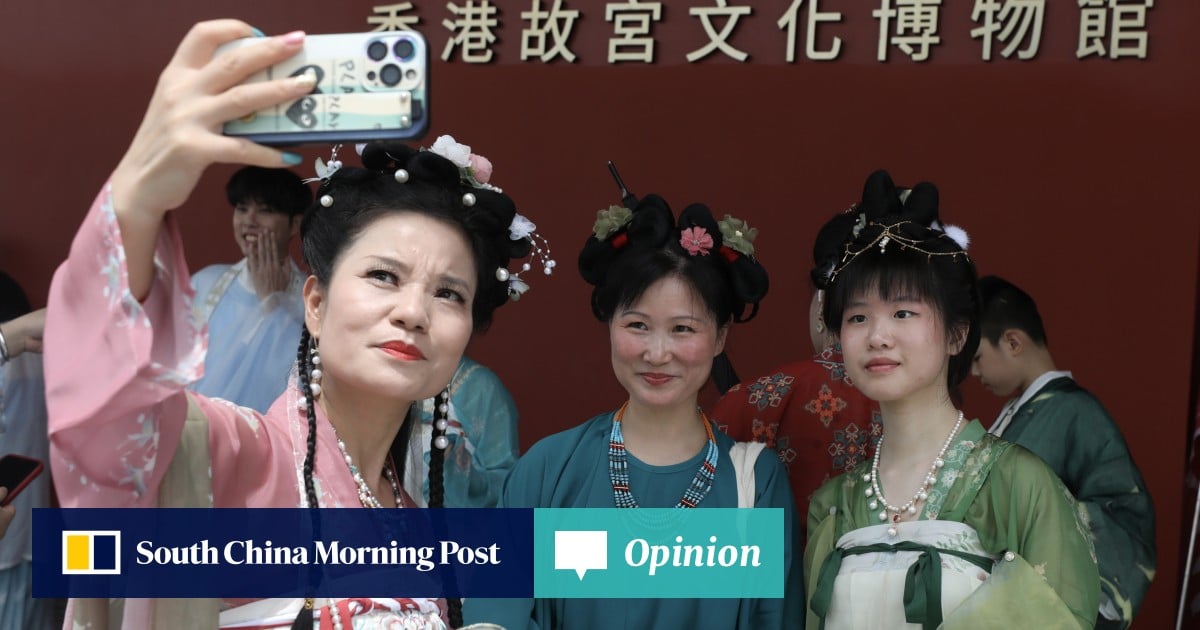
China’s proposed amendments to its public security administration punishments law are stirring heated debate among legal scholars about the consequences of expanding police powers and the possible erosion of personal freedom in the country.
If the amendment becomes law, the power to define those terms falls to individual police officers. It is also likely to add unnecessary pressure on China’s frontline police, throwing them into endless controversy over law-enforcement activities.
Abuse fears sparked by China’s proposed ‘hurt feelings’ legal change
Abuse fears sparked by China’s proposed ‘hurt feelings’ legal change
The image of China as a country of blue ants has long gone the way of the Mao jacket – once the only acceptable men’s attire. In the early 1980s, Chinese society had a brief debate about whether young people should dye their hair or wear jeans and sunglasses, but fear of a “bourgeois lifestyle” quickly fizzled away.
Clothing ceased being a political issue a long time ago. Even the more recent topic of the “Beijing bikini”, where men expose their bellies to keep cool on hot summer days, is debated half-jokingly. People have mostly learned to accept how others dress.
Advertisement
Defenders of the amendment argue that there must be some legal measures to punish extreme dress, and some cited examples of Germany banning Nazi uniforms. It is one matter to target a specific symbol, but quite another to legalise a broad crackdown on clothing styles.
In each round, the red line advances and the boom line retreats. Maybe one day, blue jeans will once again be seen as a symbol of American capitalism that hurts the feelings of the Chinese people.
It is not a small matter. China’s economic take-off started with individuals aspiring to improve their lives. The state’s receding role in day-to-day life, including through dress codes, sent a message that people can pursue happiness without fear. If state power is again expanded into this realm, even though seen as a small step, it is enough to frighten people.
Advertisement
The move also conflicts with China’s intention to woo international investors. As Beijing tries to convince the rest of the world that the country remains business-friendly, an updated law allowing the police to, well, police what people wear is not going to help.
Advertisement


